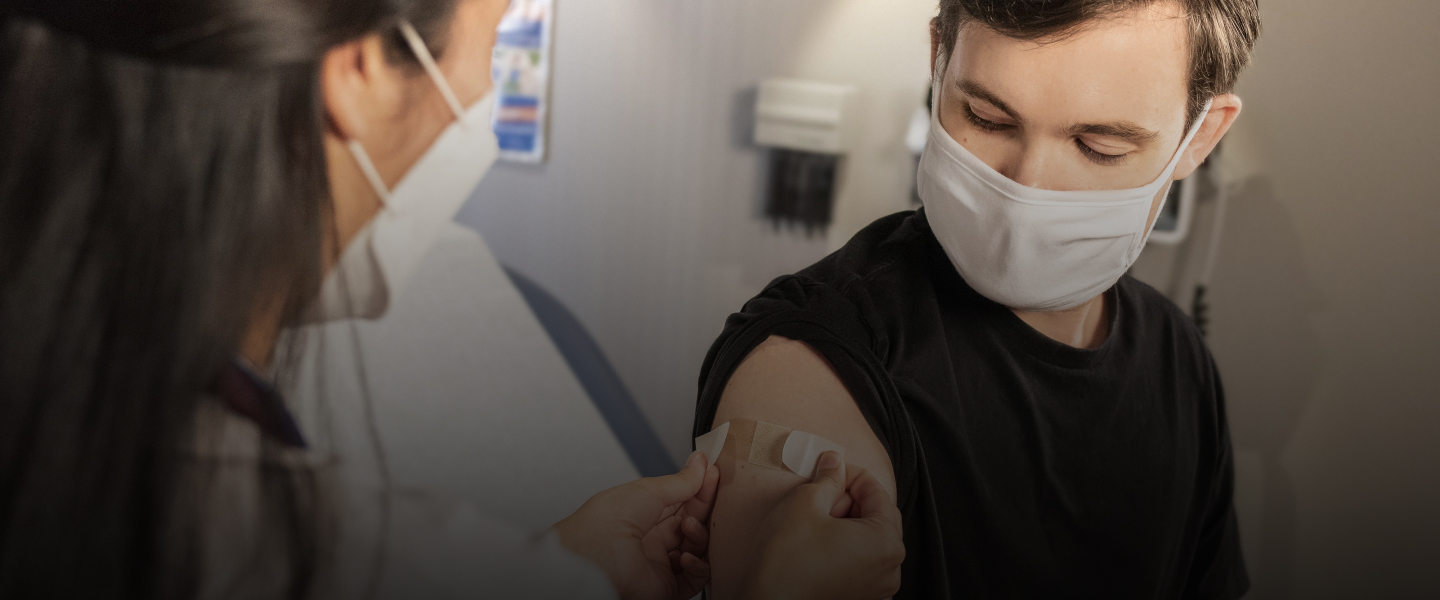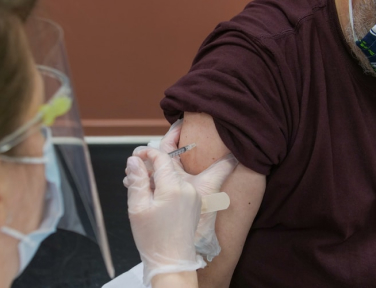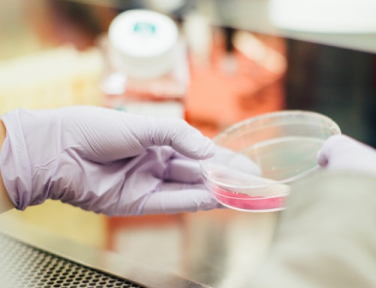Just got vaccinated? Confused about what to do now? Here’s everything that you need to know…
- Don’t panic: Developing symptoms like mild fever, muscle pain, and weakness is normal after any vaccine, and so is for the COVID- 19 vaccine as well! You can take over-the-counter medications like paracetamol if you feel the need. Keep yourself well hydrated, have plenty of fluids, and a good diet. Consult your doctor if the fever or body pain persists for a week or longer or if the symptoms are severe.
- Take care of the vaccinated arm: Feeling a mild form of pain at the site of vaccination, some redness, and a tingling sensation is normal in the initial few hours of getting vaccinated. You may experience some discomfort in the vaccinated arm for two to three days following the jab. This is absolutely normal. You can apply a cool & clean wet cloth to the area to soothe the pain.
- Schedule your next dose appointment: Get your appointment for the next dose as per government guidelines for your vaccine.
- Maintain social distancing: Getting vaccinated does not mean that you are safe now. It is important to maintain COVID- 19 appropriate behavior even after you get vaccinated. It takes few days for the body to start developing antibodies against COVID- 19. You are as susceptible to develop the disease and catch the infection as you were before being vaccinated in this phase. However, even after you are vaccinated, you can still be a carrier of the disease and spread it to others. It is important to note that the disease is still under different researches and is not fully understood, hence a new strain of the disease might have resistance to the pre-existing antibodies that you might have developed as a result of the vaccine.
- Wear a mask: As the virus primarily affects the upper respiratory tract and the nasal mucosa doesn’t have antibodies even after vaccination, it is possible to develop the infection with mild upper respiratory tract symptoms. The antibodies developed in the blood may prevent a severe infection, but the likelihood of a mild infection still persists, and hence, the risk of spreading the same cannot be eliminated.
A COVID- 19 vaccine may reduce the risk of severe infection, ICU stay, and mortality; but it does not assure you a zero chance of infection. Maintaining social distancing and other COVID-19 appropriate behavior remains of utmost importance unless most of the population gets vaccinated.






